If we continue to take same path in life, we’ll find ourselves returning to the same place
Understanding the Role of Therapy
It’s important to understand that we all struggle with unhelpful thought and behaviour patterns. Often developed in early childhood, these patterns once served to help us make sense of the world, to protect us, or to help us get our needs met.
As we move through life, these patterns can begin to work against us.
The role of therapy is to help you identify these unhelpful patterns, understand the reasons you developed them, and view them with compassion. After all, there were good reasons that you developed these patterns.
With a deeper understanding and a sense of compassion for your thoughts and behaviours, you can begin to interrupt these patterns and forge new ones that serve you better today.
Getting Started with Therapy
To get the most out of therapy, it’s essential to choose the right therapist for you. The right therapist for you will be someone you trust, can build rapport with, and feel comfortable with. To help you determine if I’m a good fit for you, I offer 15-minute consultations in-person, on the phone, or over video chat.
It also helps to have an idea of your goals for therapy. In other words, what you hope to get out of therapy. Perhaps you’d like to feel less anxious or improve your relationships with people close to you. If you’re not sure exactly what your goals are, we can work on this together during our first session.
Therapy in a Safe, Compassionate Environment
Once we get started, it’s my goal to create a safe and compassionate environment where you can share your thoughts, feelings, and struggles freely.
I’ll work with you to help you understand and accept yourself on a deeper level. From this place of understanding and acceptance, we can work together to develop strategies to shift the way you think and behave to create more harmony in your life.
Cognitive Behavioural Therapy
The foundation of my practice and approach is cognitive behavioural therapy, or CBT. Proven to be the gold standard of talk therapy, CBT helps you recognize unhelpful thought and behaviour patterns, so you can learn to change them.
I also use tools like mindfulness, breathing exercises, and Progressive Muscle Relaxation to help you learn to interrupt unhelpful patterns. Using these techniques, you can train yourself to redirect your attention to the body and attend to the present moment, concentrating on the “here and now.”



